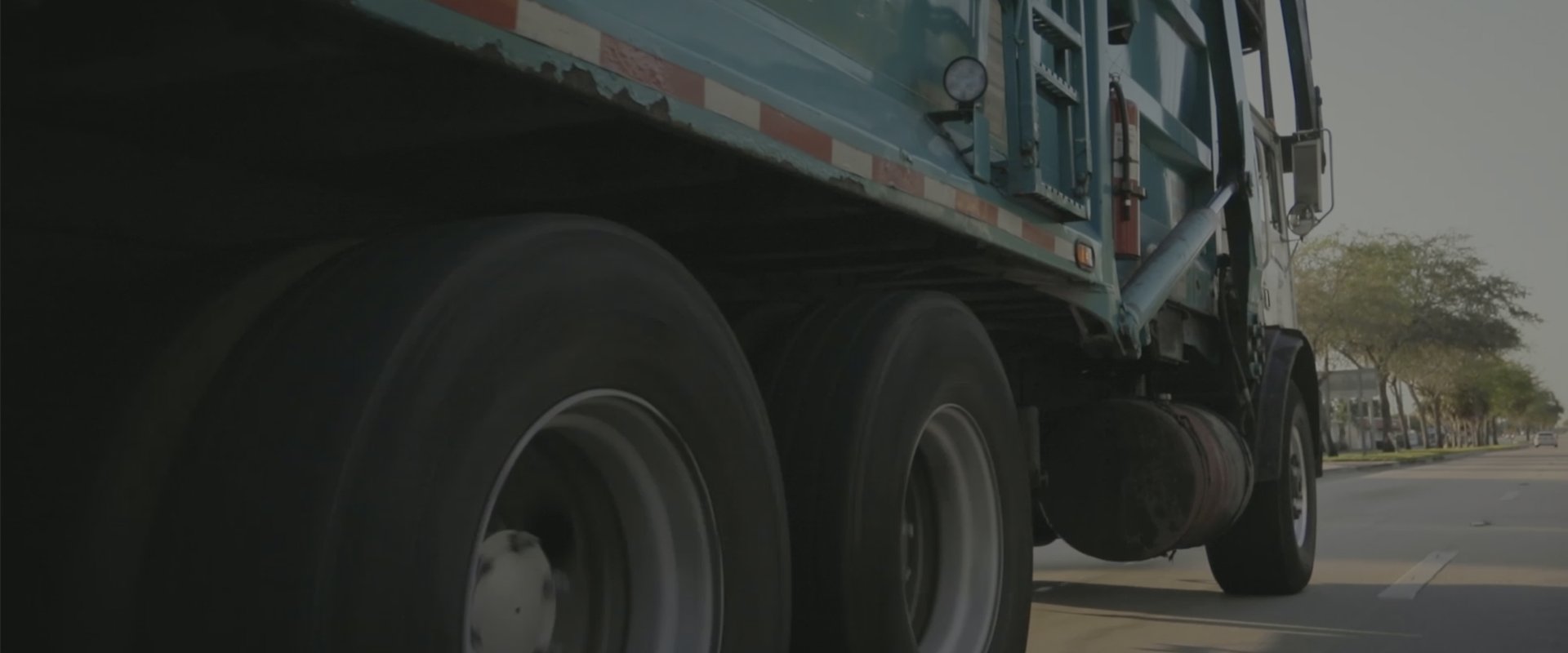Recycling // Waste Industry // MSW
Ask Your Hauler These Questions To Improve Your Commercial Recycling Program
Commercial recycling can be confusing, which is why it’s helpful to ask these key questions to your hauler.
READ MORE
Sign up for our blog and newsletter, so you are always in the know about waste and recycling.
Recycling // Waste Industry // MSW
Commercial recycling can be confusing, which is why it’s helpful to ask these key questions to your hauler.
RoadRunner | Aug 20, 2024 9:00:00 AM
READ MOREThought Leadership // Knowledge Base // MSW
With modern technology, waste management is an operational area ripe for improvement when it comes to sustainability actions that make financial sense.
Bradford Arick | Mar 9, 2023 12:03:23 PM
READ MOREWaste Industry // MSW
Due to gas prices rising, waste haulers are pushing operating expenses onto customers. Luckily, we have tips to help you save money on your services.
Rachel Gerlach | Mar 17, 2022 11:31:52 AM
READ MOREWaste Industry // MSW
In this history of garbage, we talk about how ancient trash and modern waste generation aren’t all that different.
Andy Rihn | Dec 2, 2021 6:00:00 AM
READ MOREWaste Industry // Environment // MSW
From pests and smells to fires and service delays, the biggest problems for routine waste and recycling service pop up during periods of hot weather.
Ryan Deer | Jul 22, 2021 9:06:29 AM
READ MOREThought Leadership // Waste Industry // Environment
Americans send nearly 150 million tons of trash to landfills each year instead of recycling it. Are we running out of space?
Ryan Deer | Mar 4, 2021 11:58:13 AM
READ MORERecycling // Knowledge Base // MSW
The consistent output of waste makes recycling a great opportunity for stadiums and arenas! Read on to learn how stadiums and arenas can best recycle and minimize their waste.
Shelby Bell | Sep 21, 2018 10:53:07 AM
READ MOREMSW // Hard-to-recycle
American hospitals produce an average of 5.9 million tons of waste per year. Discover how they are reducing and recycling their solid waste to preserve the health of their patients, their communities,
Shelby Bell | Aug 24, 2018 12:44:52 PM
READ MOREKnowledge Base // Waste Industry // MSW
Learn why the single-stream recycling method isn’t working, and how your business can make its collection method more efficient.
Shelby Bell | Jul 6, 2018 8:35:04 AM
READ MORELet's get the conversation started on how to drive recycling and cost savings for your business.